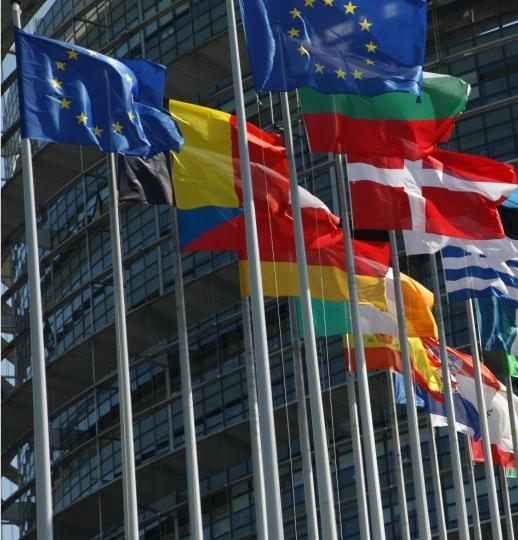Latvia to grapple with Russia as EU president
Latvia takes over as European Union president on Thursday, putting it on the front line of negotiations with neighbouring Russia over the deadly crisis in Ukraine. The small Baltic state will also grapple with thorny issues ranging from energy security to Islamist militants to Greek economic woes when it assumes the six-month rotating presidency of the EU on January 1. But it is the Kremlin in particular that has spooked the nation of 1.9 million people, which broke free from the crumbling Soviet Union in 1991 and joined the EU and NATO in 2004. Latvia and its fellow Baltic states, Estonia and Lithuania, have been on edge since Moscow annexed the Crimean peninsula from Ukraine and offered alleged military support for pro-Russian separatists battling Kiev government forces in eastern Ukraine. Though Latvia is among the voices backing a hardline approach to Moscow’s actions in Ukraine, the government insists its EU presidency will be bias-free.
One thing we are not going to be is an ‘anti-Russian’ or ‘pro-Russian’ presidency, or a presidency that does not take into account the views of all member states.
Latvia Foreign Minister Edgars Rinkevics

Europe latvia EU